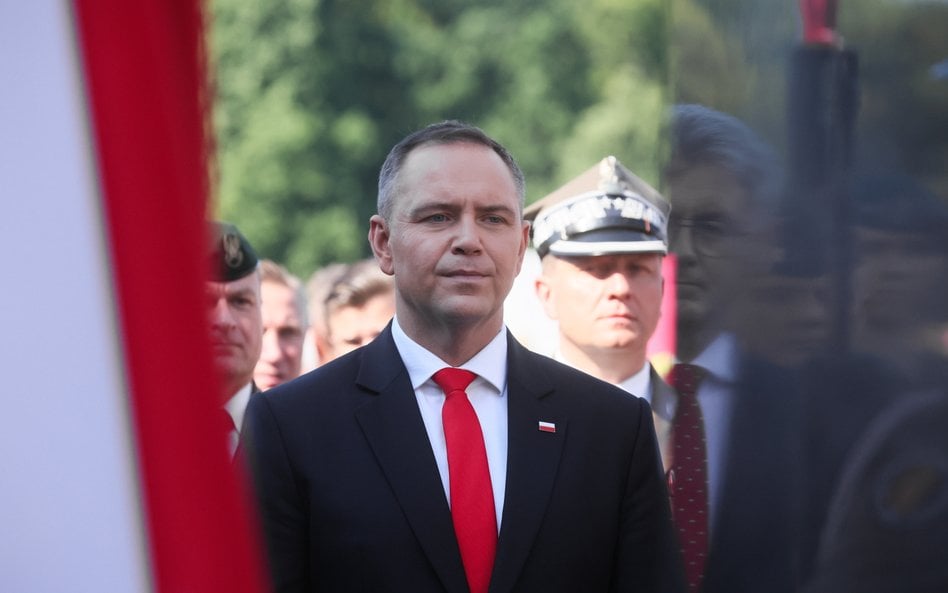Rzeczpospolita: In fourth year of Russia-Ukraine war, Poland’s leader sides with the aggressor

In an editorial published on 27 August, Rzeczpospolita stated that in the fourth year of Russia’s all-out war against Ukraine, Polish President Karol Nawrocki has taken a position that aligns with the aggressor. The commentary by Zuzanna Dąbrowska focused on Nawrocki’s recent veto of a bill that would have expanded support for Ukrainian citizens, framing the decision as politically motivated rather than policy-based.
Domestic strategy behind the Ukraine aid veto
According to Rzeczpospolita, the Polish president’s veto marks the beginning of a process to unify Poland’s right-wing political forces in preparation for the 2027 parliamentary elections. Nawrocki needs to build a right-wing coalition between the Law and Justice (PiS) party and the Confederation, the article argues.
The editorial highlights Nawrocki’s signing of the Toruń Declaration promoted by pro-Russian politician Sławomir Mentzen as part of this broader strategy. It notes that unless the ruling coalition presents a strong presidential challenger, the right-wing bloc may achieve its goal of securing a constitutional majority.
A consistent anti-Ukraine stance
The piece argues that Nawrocki has maintained a clear and consistent anti-Ukrainian position since entering political life. While such positions are not unique among world leaders, the context of war renders them significant. According to Dąbrowska, in wartime there is a binary choice between supporting the victim of aggression or the aggressor. The op-ed concludes that for the president’s circle, this distinction appears secondary to internal political priorities.
Public attitudes and political response
Rzeczpospolita connects the shift in political decisions to changing public sentiment. The commentary states that societal attitudes are now shaping political behavior, and that political messaging in turn reinforces those attitudes. The result, it says, is a feedback loop that has already led to incidents of violence, public conflict, and discrimination against children.
Russian influence on Polish discourse
The op-ed also links the rise of anti-Ukrainian sentiment to earlier Russian disinformation campaigns. It notes that efforts originating in the Kremlin since 2022—using false stories, social media content, and memes—were initially dismissed as implausible. However, the article states that these narratives have become more influential and are now shaping public discourse. The seed planted by Moscow in 2022, the editorial says, is now producing results.
Read also
-
Ukrainians contributed $ 5 bn to Poland’s budget in 2024 as refugee protection faces uncertainty
-
Polish president’s veto may cut Starlink access for Ukraine, used for drone real-time coordination
-
Polish helicopter plant sent €1.2 million to Russian defense company month before invasion of Ukraine
-
Nearly two-thirds of Poles reject military mission to Ukraine, poll shows